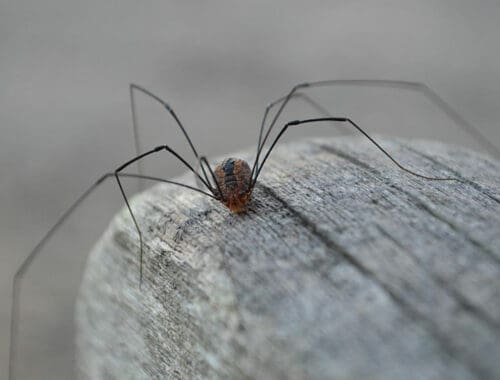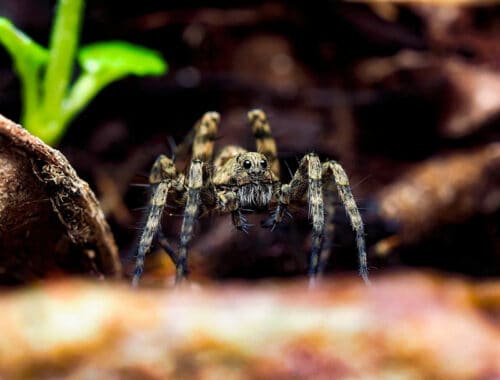Owning a dog when you suffer from allergies can be a disheartening experience. You want to cuddle your best friend, but your itchy eyes and runny nose makes being anywhere near your dog a challenge. Some breeds are less likely to set off an allergic reaction in some people and are considered hypoallergenic. The Wire Fox Terrier is one of them.
Wire Fox Terriers aren’t completely hypoallergenic, though, and may still set off allergies in people who suffer from bad reactions. This guide will tell you more about the breed and why they’re considered hypoallergenic.
What Are Wire Fox Terriers?
During traditional English foxhunts during the mid-1800s, the Wire Fox Terrier was bred to chase foxes from their dens out into the open. They were bred to have the endurance and speed to run alongside the horses and hounds during the hunt, while being small enough to follow foxes into their hideaways.
Originally, they were considered to be part of the Smooth Fox Terrier breed in both England and the U.S.A. While they were recognized as separate breeds during the 19th century in England, it wasn’t until 1985 that the AKC agreed. Still, both the Wire and Smooth Fox Terriers are incredibly similar except for their coloring, and interbreeding only stopped in the 1990s.
These days, Wire Fox Terriers are mostly used for showing rather than hunting foxes. Their energy and endurance make them a challenge for inexperienced dog owners, and they don’t get along well with young children or other pets.
Are Wire Fox Terriers Hypoallergenic?
Although Wire Fox Terriers are double-coated dogs, their outer coat is dense and often described as being similar to coconut matting. It’s this thick coat that prevents most of their shed fur from floating around the house; due to this, they are considered hypoallergenic.
You still have to tend to their grooming needs, though, and keeping up with regular grooming sessions is a good way to help prevent any allergies that Wire Fox Terriers might cause. Regularly brush their fur to remove loose fur and dander. Most show dogs are hand-stripped — where the fur is plucked rather than cut — and this can help with allergies too.
That said, it’s not just the fur that you must consider with these dogs. Wire Fox Terriers like to dig and can drag other allergens into your home after playing in the yard. If you’re sensitive to many allergens, a less mischievous breed might be a better choice.

Do Hypoallergenic Dogs Exist?
When you’re allergic to dogs, your immune system overreacts to the Canis familiaris (Can f 1) protein found in their saliva and dander. Even if your dog doesn’t lick you, they do lick themselves. Their saliva dries on their fur, which then becomes airborne when they shed. You then breathe in the dried particles attached to your dog’s fur or dander, which sets off an allergic reaction.
Since you can only see dog fur rather than the Can f 1 protein attached to it, many people believe that fur sets off allergies. This is why dogs that hardly shed at all are considered hypoallergenic. The issue is more complicated, though.
While the amount that a dog sheds can change the likelihood that a dog will set off your allergies, it doesn’t change the amount of Can f 1 protein that they produce. All dogs have saliva and at some point, will lick their fur.
One study in 2012 found that Poodles — one of the most well-known hypoallergenic breeds — have the highest level of Can f 1 in their fur. Labrador Retrievers, on the other hand, had fewer allergens in their coat, despite being considered one of the biggest culprits for setting off allergies.
In the end, whether there are hypoallergenic dogs is still being debated. While it’s agreed that some dogs don’t set off allergies as much as others, they all carry the protein that human immune systems overreact to. If your immune system is sensitive enough, you’ll react to all dogs, regardless of how much they shed or how hypoallergenic they’re considered to be.
Final Thoughts
Wire Fox Terriers are generally considered hypoallergenic due to their dense fur, low shedding, and limited drooling. However, they still produce the Can f 1 protein that many people are allergic to and can still set off allergies. They can also bring in allergens from outside — like dust and pollen — during their adventures, which can set off allergies too.
Featured Image Credit: Shutterstock
















